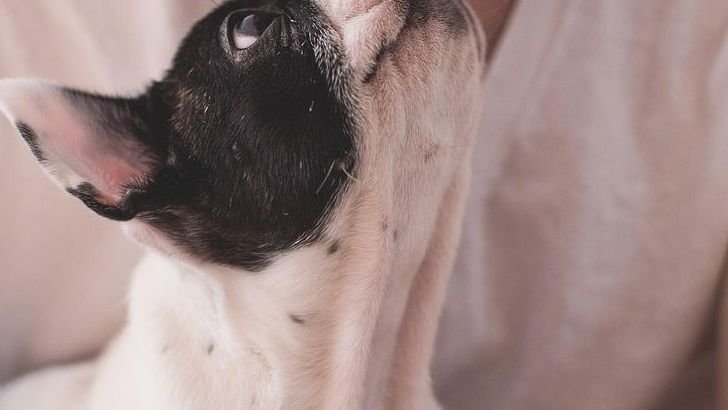You’ve probably felt that familiar warm weight pressing against your leg while watching TV or that gentle nudge while you’re working from home. Your furry best friend leans against you with such trust and affection, but have you ever wondered what’s really going on in that canine mind of theirs? This endearing behavior is actually a complex form of communication that reveals fascinating insights about your dog’s emotional world and their deep connection with you.
The Love Language of Dogs
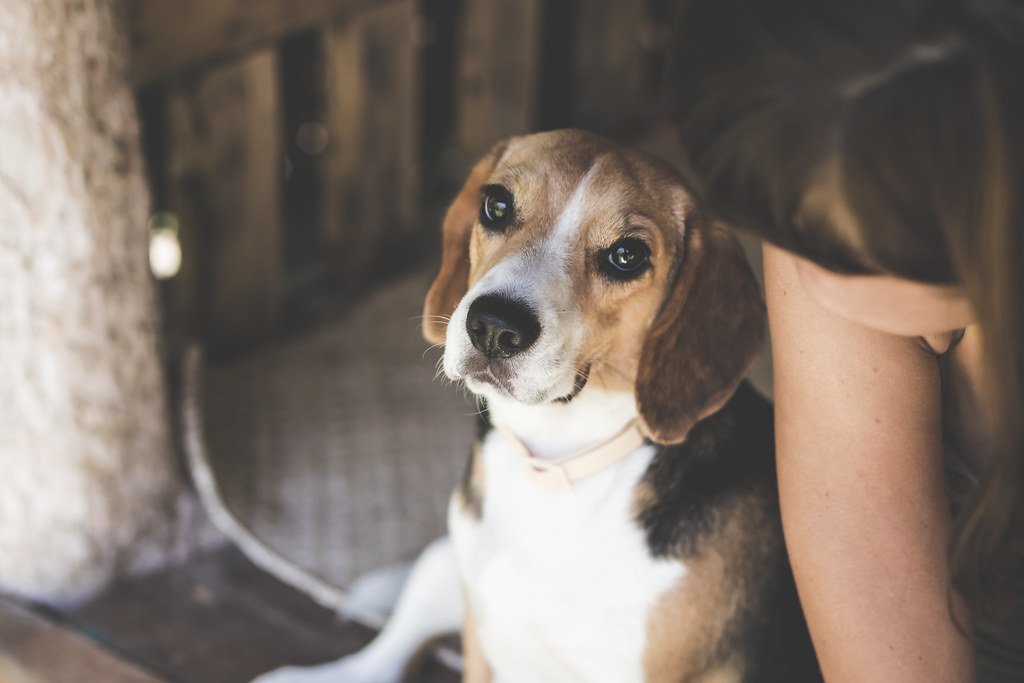
When your dog presses their body against you, they’re speaking one of the most beautiful languages in the animal kingdom – pure, unconditional love. Dogs lean on people as their main way to be as close to their owners as possible, showing affection, comfort, security, and expressing trust and bonding. It’s like their version of a warm hug, but even more meaningful because it comes from their most primal instincts.
Think of it this way: your dog has chosen you as their person, and leaning is their way of saying “you’re my safe harbor in this crazy world.” This behavior is a natural, loving gesture that shows that your dog feels safe and connected with you. Unlike us humans who sometimes struggle to express our feelings, dogs are beautifully straightforward in their affection.
Seeking Comfort and Security
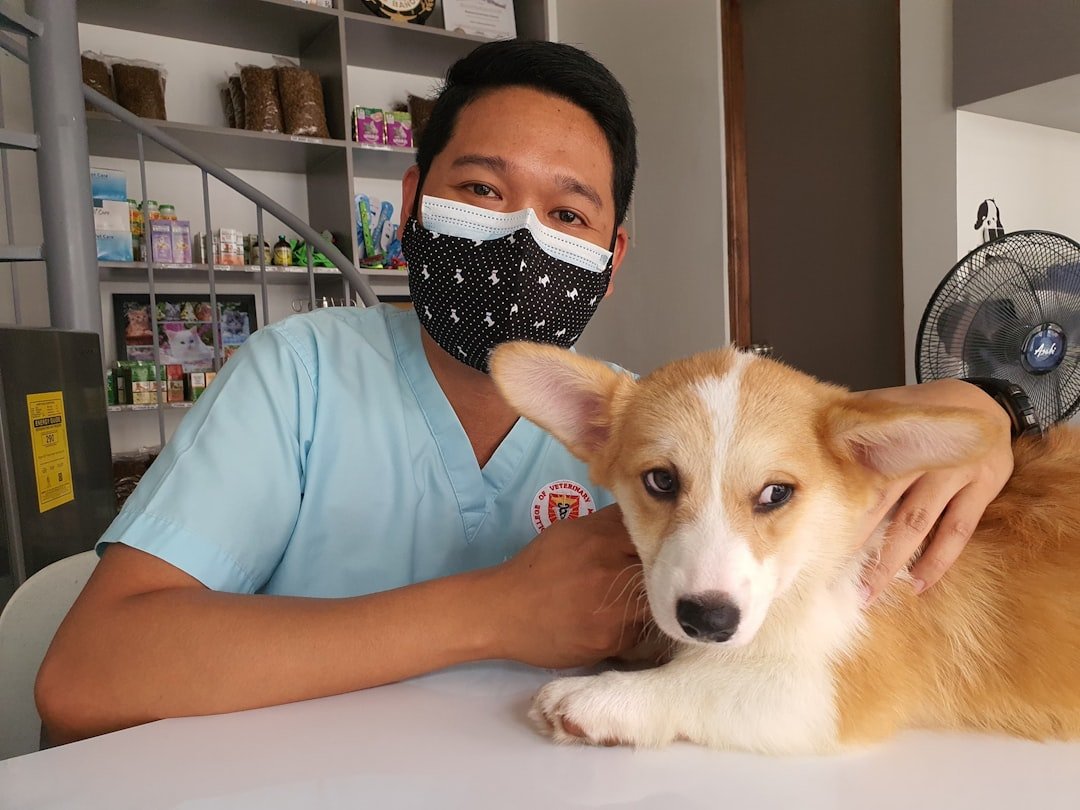
Many dogs will lean on their owners for security because they are shy, fearful or insecure. Picture this: you’re at the vet’s office, and suddenly your usually confident pup transforms into a trembling bundle of nerves, pressing firmly against your legs. When the vet walks into the exam room and your pup comes over to lean on you, they’re looking for reassurance in this situation.
This isn’t about dominance or control – it’s about trust in its purest form. They are not trying to dominate their owners, they are trying to feel safe. Your dog sees you as their emotional anchor, the one constant in their world who can make scary situations feel manageable.
The Attention-Seeking Lean
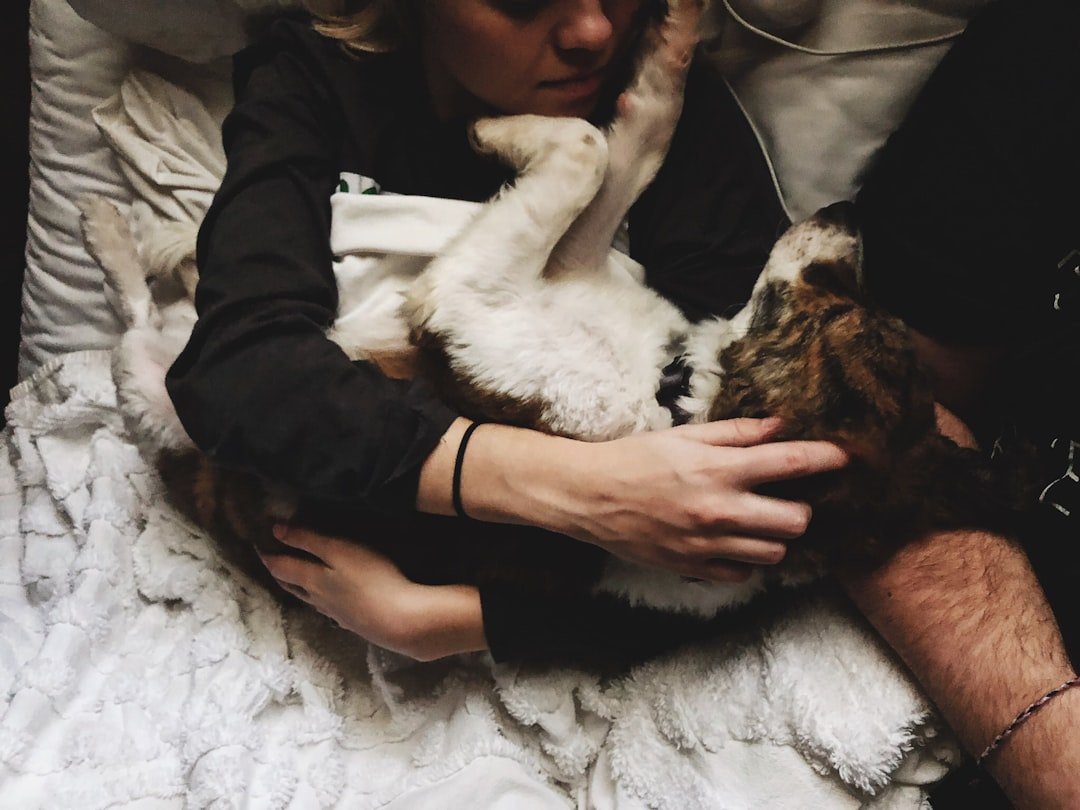
Let’s be honest – dogs are pretty smart cookies when it comes to getting what they want. Most of the time, when dogs lean on us they really are just seeking attention. You’ll know this is the case when your dog’s personality really shines through the lean – it might feel more like a gentle body slam than a tender cuddle.
Dogs will lean for affection and to get your attention, like when they want something such as to play fetch or remind you it’s feeding time – this absolutely is not dominance, they’re just trying to get your attention. It’s actually quite endearing when you think about it – your dog has figured out that physical closeness is the most effective way to communicate with their favorite human.
Pack Behavior and Ancestral Instincts
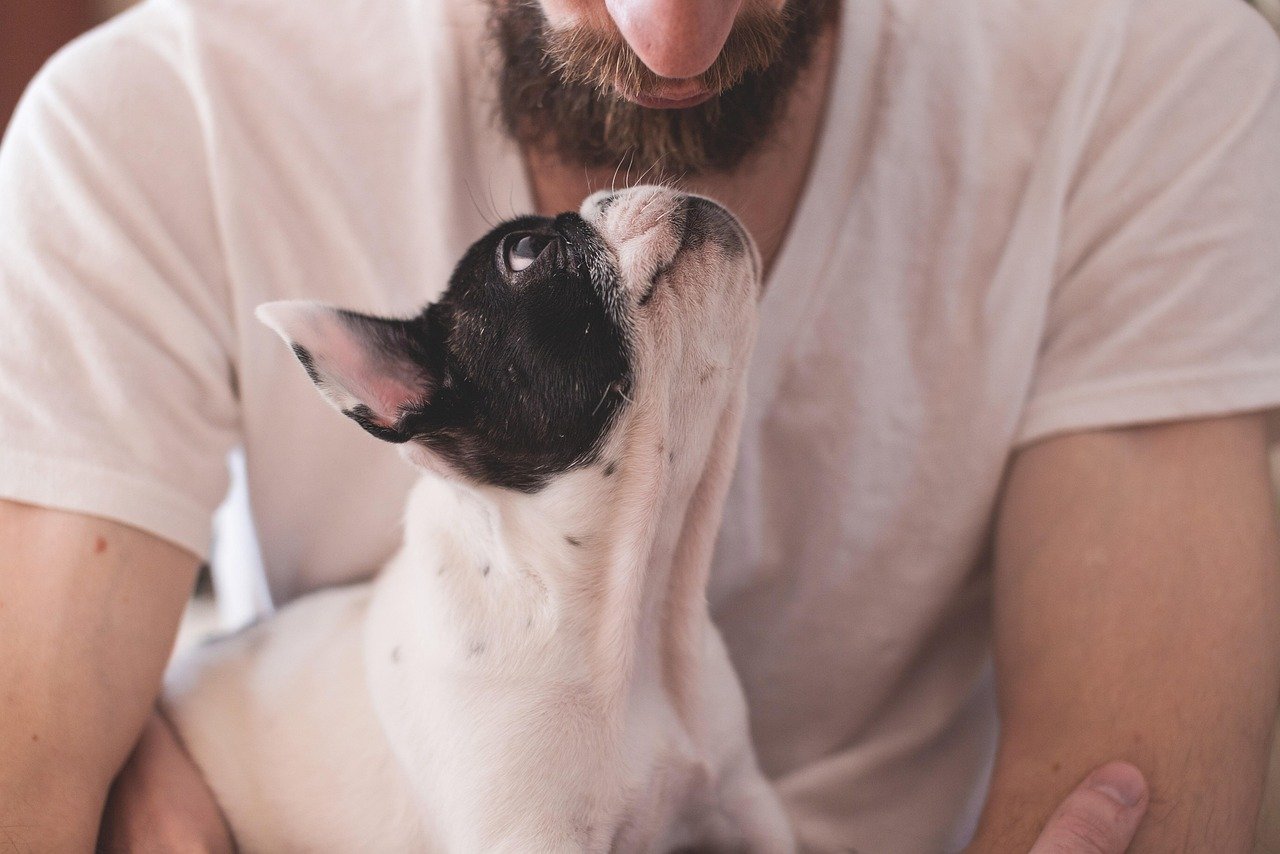
In the wild, pack-dwelling wolves often lean on each other for a multitude of reasons, from establishing bonds to coordinating hunts. Even though your pampered pooch doesn’t need to hunt for their kibble, these ancient behaviors still run deep in their DNA. Domesticated dogs may not have to hunt for their next meal, but the lean still serves as a visible request for attention or affection, and because you’re part of their pack, you’re in the lean zone too.
This pack mentality explains why your dog naturally gravitates toward physical contact with you. You’re not just their owner – you’re their family, their pack leader, and their most trusted companion all rolled into one.
When Leaning Could Signal Health Issues

While most leaning is perfectly normal and sweet, sometimes it can indicate underlying health problems that need attention. Dogs may lean against their owners to alleviate pressure on sore joints or muscles, and if a dog is favoring one side of their body or showing other signs of pain, it’s important to take them to a veterinarian.
Dogs with vestibular disease present with sudden loss of balance, disorientation, head tilt, and many become reluctant to stand or walk, with most dogs leaning or falling in the direction that their head is tilted. If you notice your dog’s leaning seems off-balance or is accompanied by other concerning symptoms like stumbling or disorientation, it’s time for a vet visit.
Reading the Context and Body Language
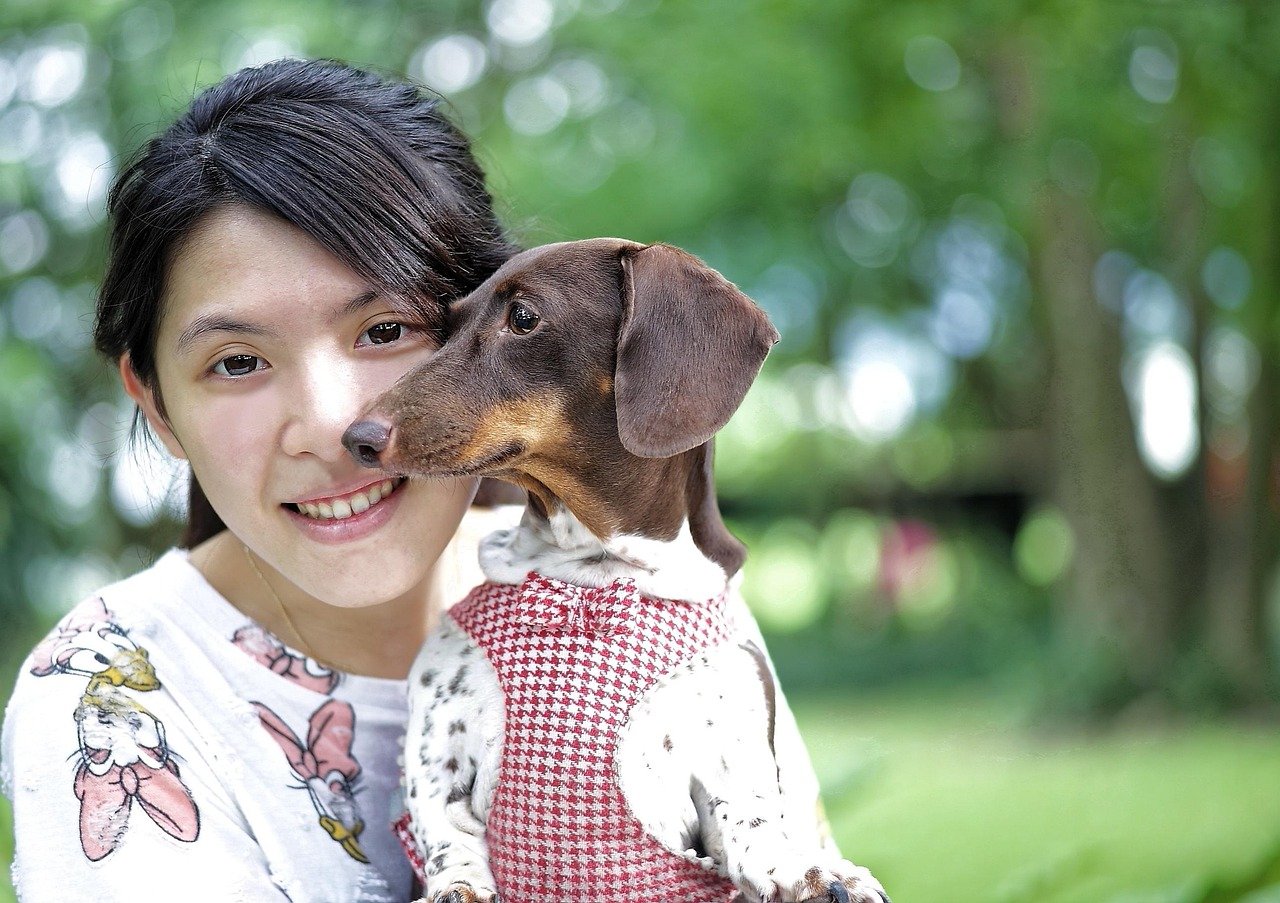
The key to understanding your dog’s lean lies in reading the entire situation, not just the behavior itself. Dogs may be doing this to show you how much they love you, or they are asking for comfort in a stressful situation. A relaxed, happy lean looks completely different from an anxious, seeking-comfort lean.
Watch for accompanying signals: Is their tail wagging? Are they making eye contact? Do they seem relaxed or tense? When a dog leans on you, it means they trust you and have a strong bond with you, whether they are seeking reassurance, affection, or comfort in a tricky situation. Understanding these subtle differences will help you respond appropriately to your dog’s needs.
Different Types of Leans
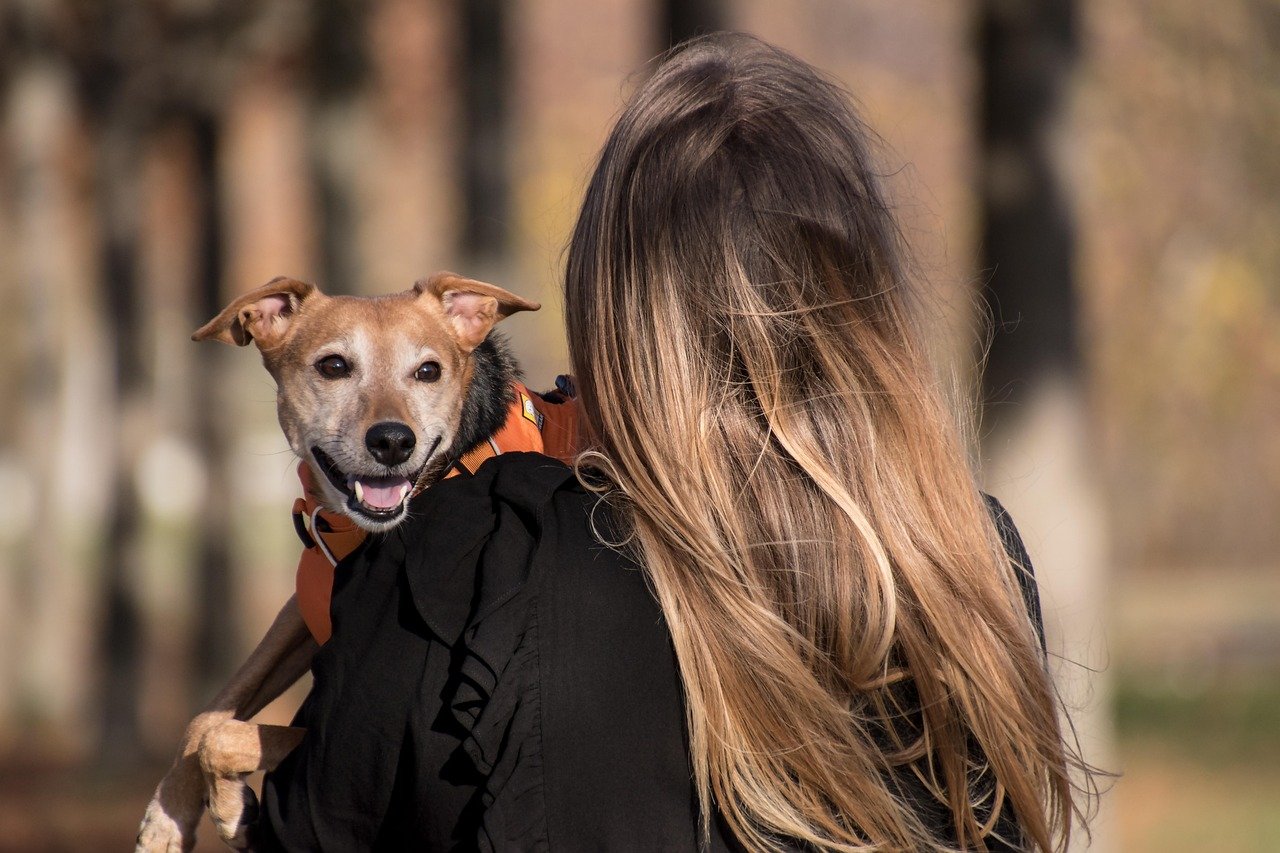
Affectionate leans are often combined with nuzzling and licking, creating a trance-inducing trifecta of love and canine saliva. Then there’s the social lean – it’s a request for engagement, they’re saying “I’m here and I’m friendly, can we have a moment, please?”
There’s also what I like to call the strategic lean – practical and with purpose, this lean is all about the perks, whether it’s getting a better angle for ear scratches or a more effective back rub, since dogs are scrupulous observers of our behavior and notice we tend to be more giving when they’re closer. Smart little creatures, aren’t they?
How to Respond to Your Dog’s Leaning

The beautiful thing about your dog’s lean is that it’s generally a positive behavior that strengthens your bond. In situations where your dog seems uncomfortable, it’s okay to comfort your dog and do your best to reassure them that everything will be fine. A gentle pet, some soothing words, or just your calm presence can work wonders.
However, it’s important to maintain balance. Finding the balance in leaning is about setting clear boundaries while still responding to your dog’s needs – this doesn’t mean shutting down the lean entirely, but refining and managing the frequency and intensity. You want to encourage the sweet moments while ensuring your dog doesn’t become overly dependent.
Conclusion
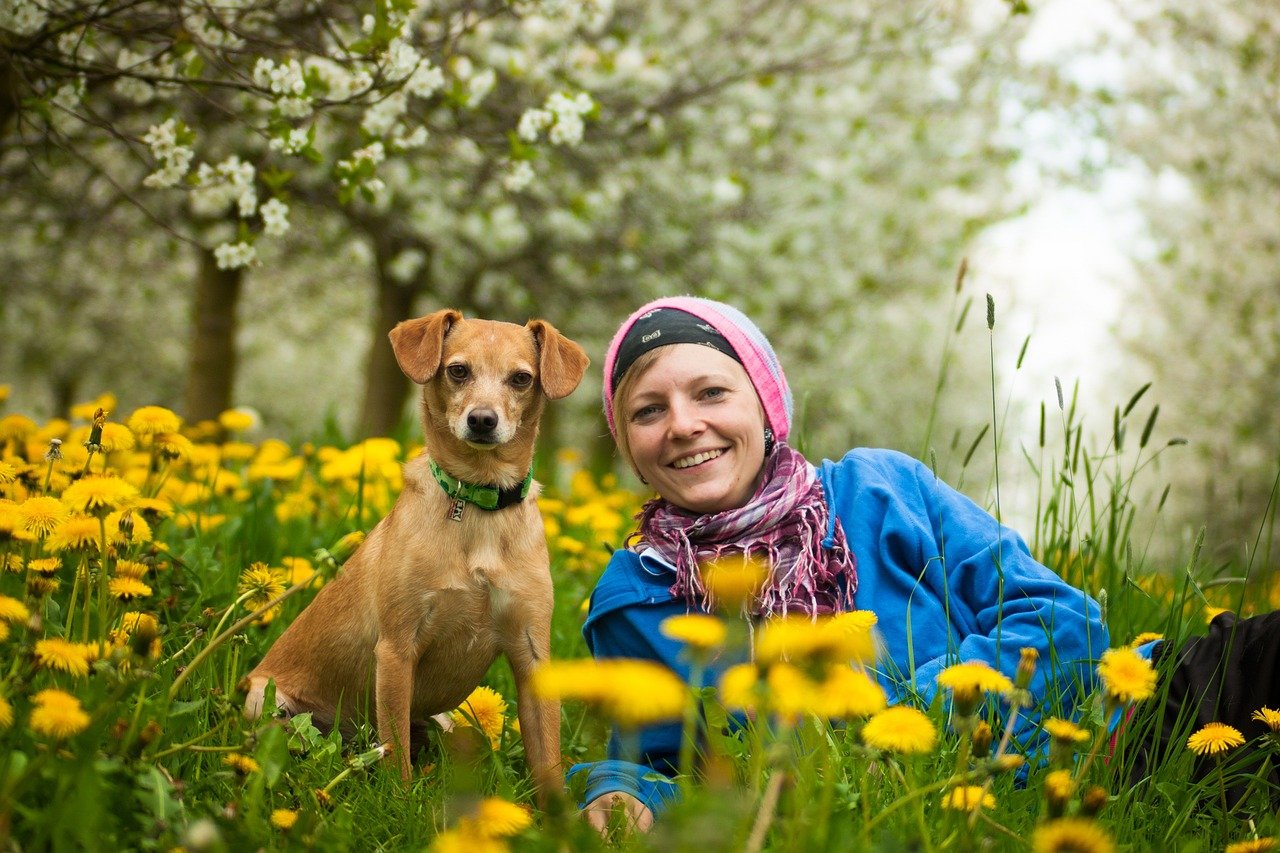
Your dog’s tendency to lean on you is one of the most heartwarming displays of trust and affection in the animal kingdom. Whether they’re seeking comfort, showing love, asking for attention, or simply following their ancestral pack instincts, this behavior speaks to the incredible bond between humans and dogs. Recognizing and responding to the reasons behind a dog’s leaning can deepen the bond between dogs and their human companions, ensuring that these loyal pets feel loved, secure, and understood.
The next time your furry friend leans against you, take a moment to appreciate this simple yet profound gesture. They’ve chosen you as their person, their safe space, their family – and that lean is their way of saying “thank you for being everything to me.” How incredible is it that we get to share our lives with creatures who love so purely and communicate so honestly? What more could we ask for in a best friend?

